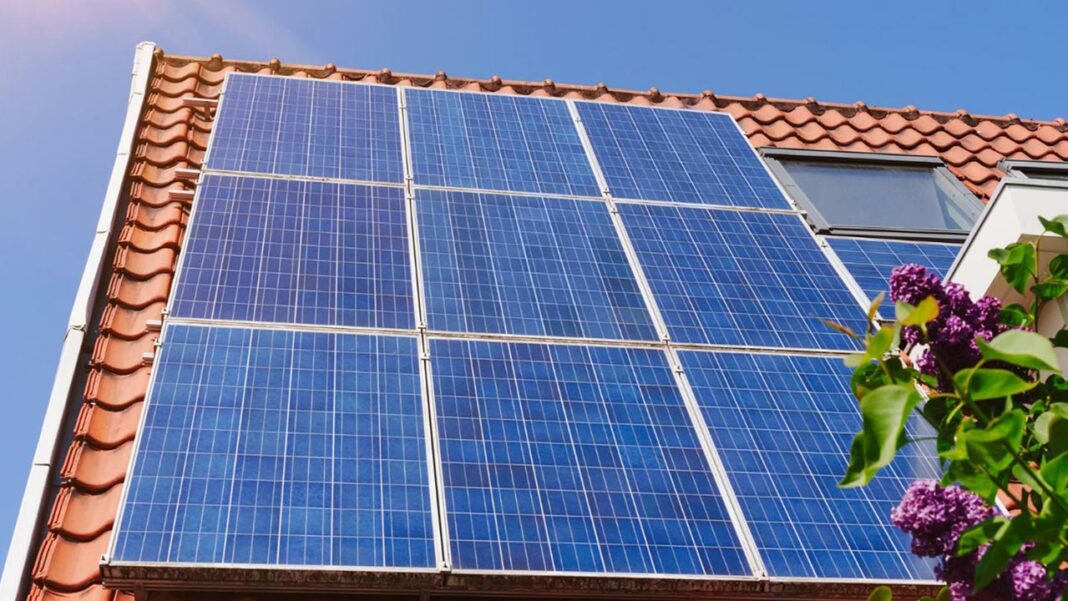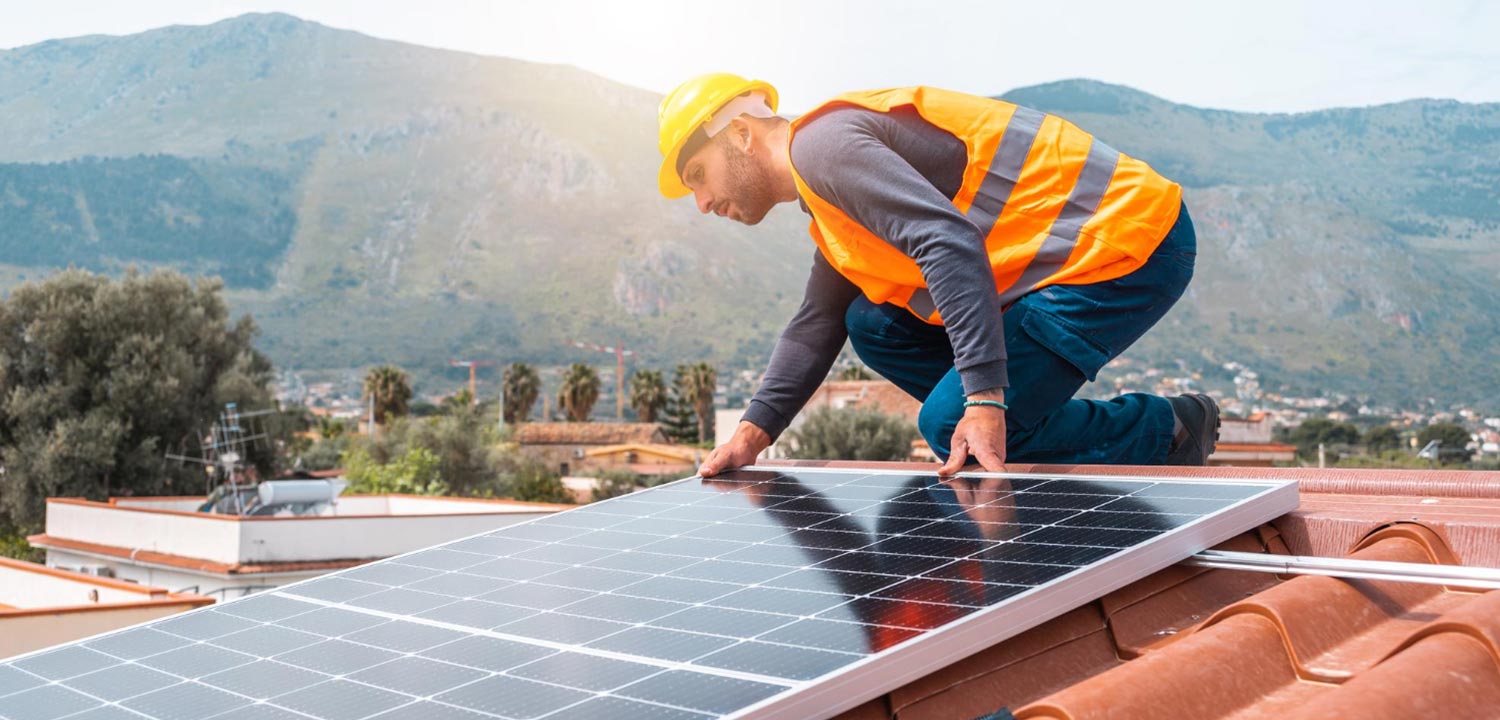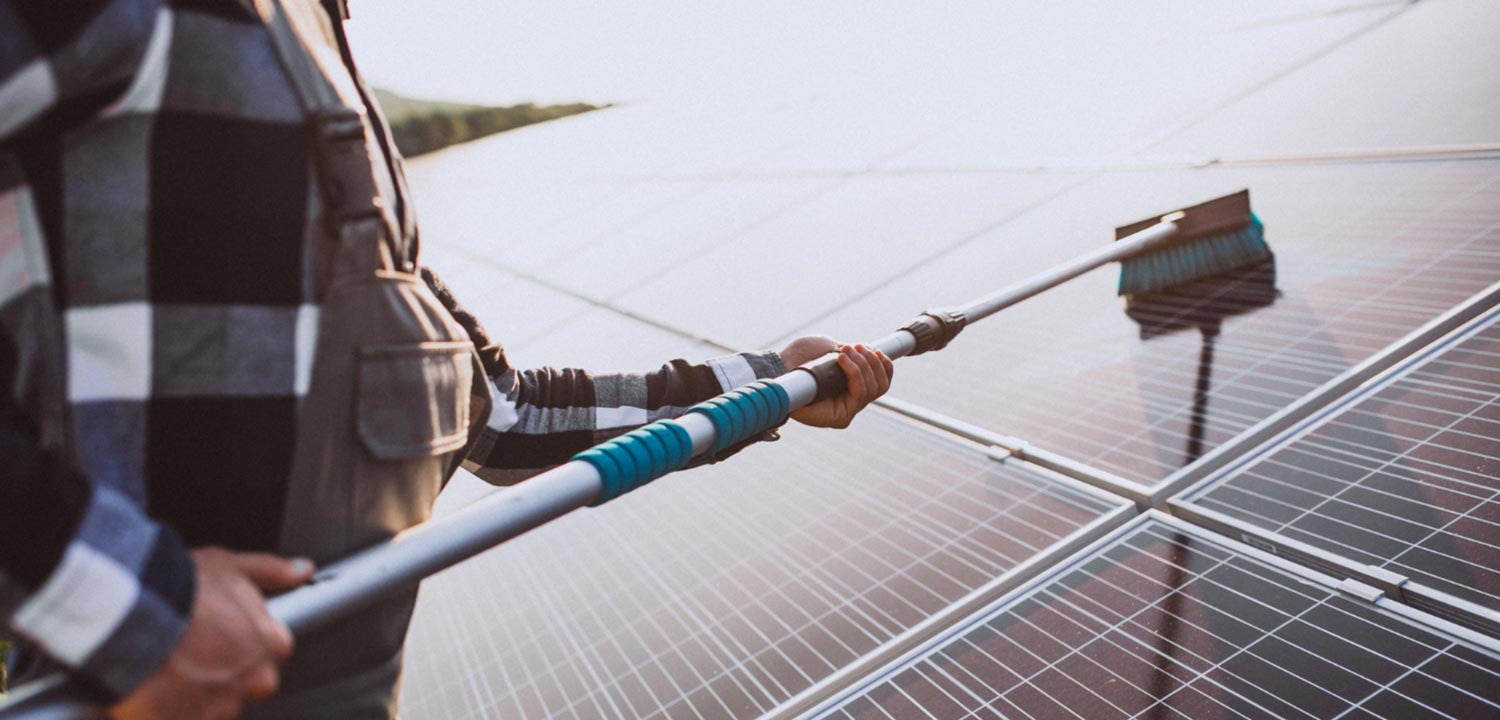Solar energy has seen a surge in popularity in recent years, with people looking for more renewable and environmentally friendly sources of energy. In this article, we will explore the debate around whether solar energy is an expensive or cheap investment. We will look at the cost of installation and maintenance, any potential financial incentives on offer, as well as possible savings that can be achieved when switching to solar power. By examining all these factors, we will be able to better understand the overall affordability of solar energy.
What the price installation Solar Panel ?
Installing solar panels can be a significant expense, with costs ranging from several thousand to over ten thousand dollars depending on the size of the system and location. Installation costs may also vary based on factors such as roof type and local labor rates. Generally, larger systems cost more than smaller ones.
Some states and local governments offer subsidies or tax credits to encourage homeowners to install solar panels. Investigating available incentives is an important part of understanding the overall cost of installing solar panels.
Solar panel costs by state
The cost of installation is often the first thing to consider when looking into solar energy. Cost can vary depending on location, size of the solar system, and whether you’re getting a full home or partial installation. Solar systems are often available in different sizes and wattages, allowing consumers to customize their system to fit their own specific needs. On average, installation costs can range from $10,000 – $20,000 with prices being dependent on the type of system and where it is installed. Incentives such as tax credits or rebates can also help reduce up-front costs for those looking for a more affordable option.
| State | Starting cost for 6-kW system* | Average cost per watt** | 2020 federal tax credit value (26%) | 2021 federal tax credit value (22% |
|---|---|---|---|---|
| Alabama | $13,706 | $2.45 | $3,564 | $3,015 |
| Alaska | $13,454 | $2.41 | $3,498 | $2,960 |
| Arizona | $13,680 | $2.67 | $3,557 | $3,010 |
| Arkansas | $14,713 | $2.63 | $3,825 | $3,237 |
| California | $15,240 | $2.68 | $3,962 | $3,353 |
| Colorado | $17,100 | $2.44 | $4,446 | $3,762 |
| Connecticut | $15,540 | $2.86 | $4,040 | $3,419 |
| District of Columbia | $15,720 | $2.88 | $4,087 | $3,458 |
| Delaware | $15,300 | $2.65 | $3,978 | $3,366 |
| Florida | $13,920 | $2.41 | $3,619 | $3,062 |
| Georgia | $15,840 | $2.33 | $4,118 | $3,485 |
| Hawaii | $19,560 | $2.67 | $5,086 | $4,303 |
| Idaho | $17,100 | $2.52 | $4,446 | $3,762 |
| Illinois | $16,740 | $2.57 | $4,352 | $3,683 |
| Indiana | $15,300 | $2.49 | $3,978 | $3,366 |
| Iowa | $14,160 | $2.53 | $3,682 | $3,115 |
| Kansas | $13,353 | $2.39 | $3,472 | $2,882 |
| Kentucky | $13,101 | $2.34 | $3,406 | $2,882 |
| Louisiana | $15,660 | $2.38 | $4,072 | $3,445 |
| Maine | $16,073 | $2.87 | $4,179 | $3,536 |
| Maryland | $15,540 | $2.74 | $4,040 | $3,419 |
| Massachusetts | $16,440 | $2.87 | $4,274 | $3,617 |
| Michigan | $16,020 | $2.66 | $4,165 | $3,524 |
| Minnesota | $17,280 | $2.74 | $4,493 | $3,802 |
| Mississippi | $14,763 | $2.64 | $3,838 | $3,248 |
| Missouri | $14,461 | $2.59 | $3,760 | $3,181 |
| Montana | $16,560 | $2.42 | $4,306 | $3,643 |
| Nebraska | $15,820 | $2.83 | $4,113 | $3,480 |
| Nevada | $14,760 | $2.61 | $3,838 | $3,247 |
| New Hampshire | $17,460 | $2.83 | $4,540 | $3,841 |
| New Jersey | $14,520 | $2.77 | $3,775 | $3,194 |
| New Mexico | $16,680 | $2.44 | $4,337 | $3,670 |
| New York | $15,900 | $2.86 | $4,134 | $3,498 |
| North Carolina | $14,040 | $2.49 | $3,650 | $3,089 |
| North Dakota | $13,555 | $2.42 | $3,524 | $2,982 |
| Ohio | $14,400 | $2.50 | $3,744 | $3,168 |
| Oklahoma | $14,667 | $2.62 | $3,813 | $3,227 |
| Oregon | $15,060 | $2.50 | $3,916 | $3,313 |
| Pennsylvania | $15,420 | $2.38 | $4,009 | $3,392 |
| Rhode Island | $16,200 | $2.69 | $4,212 | $3,564 |
| South Carolina | $16,500 | $2.62 | $4,290 | $3,630 |
| South Dakota | $13,535 | $2.39 | $3,519 | $2,978 |
| Tennessee | $13,909 | $2.49 | $3,616 | $3,060 |
| Texas | $14,820 | $2.60 | $3,853 | $3,260 |
| Utah | $15,420 | $2.66 | $4,009 | $3,392 |
| Vermont | $16,620 | $2.85 | $4,321 | $3,656 |
| Virginia | $15,780 | $2.66 | $4,103 | $3,472 |
| Washington | $14,040 | $2.73 | $3,650 | $3,089 |
| West Virginia | $14,763 | $2.64 | $3,838 | $3,248 |
| Wisconsin | $17,580 | $2.60 | $4,571 | $3,868 |
| Wyoming | $14,360 | $2.57 | $3,734 | $3,159 |
* Before tax credits, according to EnergySage and Solar Reviews
**According to Solar Reviews
Cost of panel solar maintenance
Panel solar requires a low level of maintenance throughout its lifetime in order to ensure that it is working as efficiently as possible. Initial installation costs can be high, but the cost of upkeep over the years is relatively low. Regular cleaning and inspection of the solar system might be necessary, but this will cost much less than having to buy coal or natural gas for your electricity needs.
Outfitting your home with solar energy can add financial benefits such as federal tax credits or renewable energy incentives which could reduce your monthly power bill significantly. In comparison to traditional sources of electricity, switching to solar energy may be cheaper in the long run.
Pros and cons of installing solar panels
Installing solar panels can be a great investment due to the financial savings that can be made on energy costs and the potential for earning income from any excess electricity generated. In addition, solar panels have many environmental benefits, such as reducing energy consumption from fossil fuels and helping reduce greenhouse gas emissions. However, it’s important to consider all factors before making a decision about installing solar panels, including initial costs of installation, maintenance or repair costs if needed, and availability of incentives or rebates.
Conclusion
In conclusion, installing solar panels can be an excellent investment due to the potential financial savings and income, as well as its environmental benefits. However, it is important to consider a variety of factors such as initial costs, maintenance or repair requirements, and available incentives or rebates before making a decision about whether installing solar panels is right for you.












